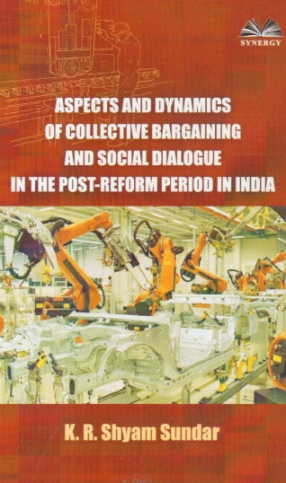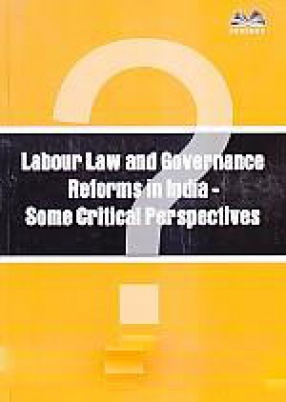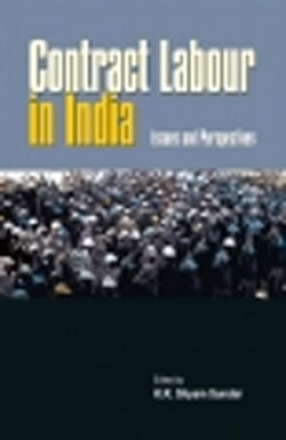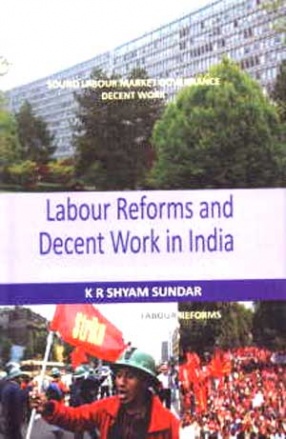
Showing all 4 books

Globalization has intensified competition in the product market and employers apart from demanding systemic reforms in the labour laws and governance have sought to initiate changes at the workplaces to achieve flexibility which in several ways have weakened the collective institutions. Amidst these adversarial industrial relations strategies, some significant developments have been taking place doubtlessly prompted by the same globalization forces. Employers ...

Labour regulation in India has engaged the attention of not only policy makers but also social actors, researchers and practioners. Policy measures have started rolling out from the state governments ever since Narendra Modi-led National Democratic Alliance (NDA) government assumed power in May 2014. These have brought on its heels definitive policy and labour law changes in several states. The trade unions are resisting and protesting, seemingly in vain. There ...

After the economic reforms, employers in India, foreign investors, global financial agencies and the global rating agencies have been clamouring for reforming the governance of the labour market and the industrial relations system. They argue that the laws and regulations introduce ‘rigidities’ in the labour market and disenable the employers from responding quickly and suitably to the dynamic competitive economic system in the globalized economic ...

Globalization is an over arching phenomenon which is reflective of and contributing to the radical developments in the field of technology, communications, competition in the product and factor markets, role of state and so on. Globalization, thus understood, has posed enormous challenges to the institutions of labour regulation. Labour regulation is one component of social regulations that seeks to govern the labour market and the industrial relations system. ...
